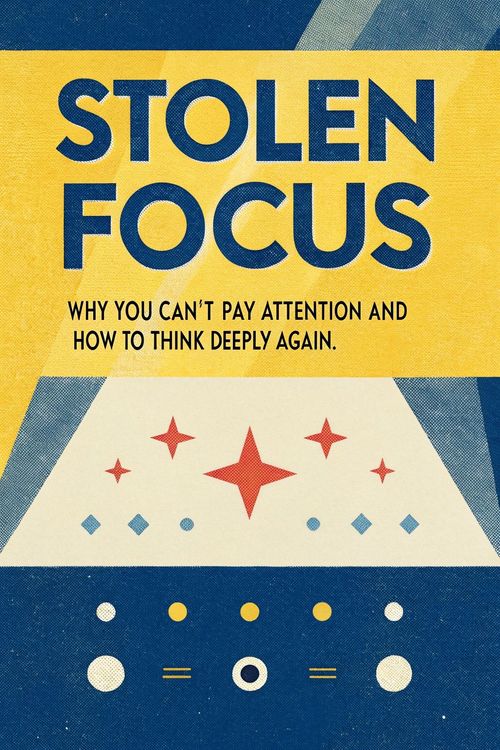
Turn Talk Into Gold: Better Conversations, Better Life
Podcast by MBA in 5 with Roger
Using Appreciative Inquiry to Fuel Productive and Meaningful Engagement
Turn Talk Into Gold: Better Conversations, Better Life
Roger: Ever leave a meeting feeling drained, focused only on problems? Or get stuck in conversations, at work or home, that just spiral downwards? What if your very next conversation could shift the energy, solve a persistent issue, or even spark innovation? Roger: That power lies in the core idea of "Conversations Worth Having" by Jackie Stavros and Cheri Torres: The conversations we have literally create our reality. Think of your dialogues not just as talk, but as the architects building your relationships, team culture, and results. The book introduces Appreciative Inquiry – focusing conversations on strengths, possibilities, and what’s working. If there's one thing to take away, it’s this: shifting your focus from problems to potential isn't just wishful thinking; it's a strategic tool. Deliberately choosing appreciative, inquiry-driven dialogue can fundamentally change outcomes. This focus on the positive is the key to unlocking better results. Roger: The first step is recognizing that conversations exist on a spectrum. We often default to Critical or even Destructive ones, centered on blame and negativity, which drains energy. The goal is to move towards Conversations Worth Having – those fueled by appreciation and genuine curiosity. This shift is powered by Appreciative Inquiry's Positive Principle: focusing on strengths amplifies positive results. It’s a radical departure from typical problem-solving. Instead of dissecting failure, ask "What's working well here?" or "Tell me about a time this succeeded." This builds energy and uncovers existing solutions. Consider Alisha Patel at the medical center. Facing poor patient satisfaction, the old way was blame. Her shift? Asking nurses about successful patient interactions, instantly changing the energy and revealing best practices. So how do you cultivate these conversations? One key tool is using Generative Questions. These aren't about finding blame or simple answers; they open up possibilities and invite collaboration. Instead of "Why did this fail?", try "What did we learn that can make the next one better?" or "What would this look like if it were truly excellent?" Think of Jerry Sternin tackling malnutrition in Vietnam not by studying the problem, but by asking what the few families with healthy children were doing right. Alongside generative questions comes Positive Framing. This means consciously recasting challenges as opportunities. Manager Mark didn't berate his team for tardiness; he framed it around their existing high performance, stating "You provide exceptional work, and arriving on time is critical for us to maintain that collective success." This reframing fosters collaboration, not defensiveness. Roger: Why is "Conversations Worth Having" essential? Because it provides practical, immediately usable strategies to improve communication impact everywhere in your life, moving beyond theory to tangible techniques. For your immediate action step: In your very next important conversation, pause beforehand. Instead of leading with a problem or asking "Why?", try framing the discussion positively or asking one generative question like, "What's the best possible outcome we can create here?" or "What strengths can we leverage?" See how that simple shift changes the dynamic. The quality of your conversations truly determines the quality of your results. Roger: That’s your MBA in 5 for this week. I'm Roger. Thanks for tuning in.









